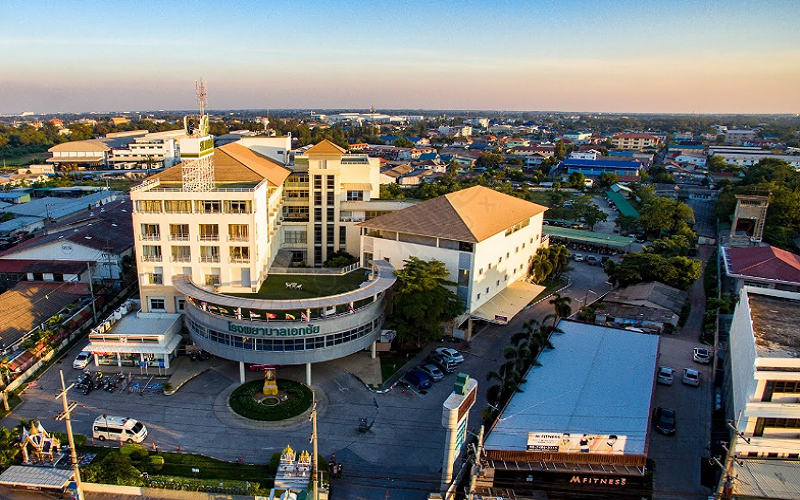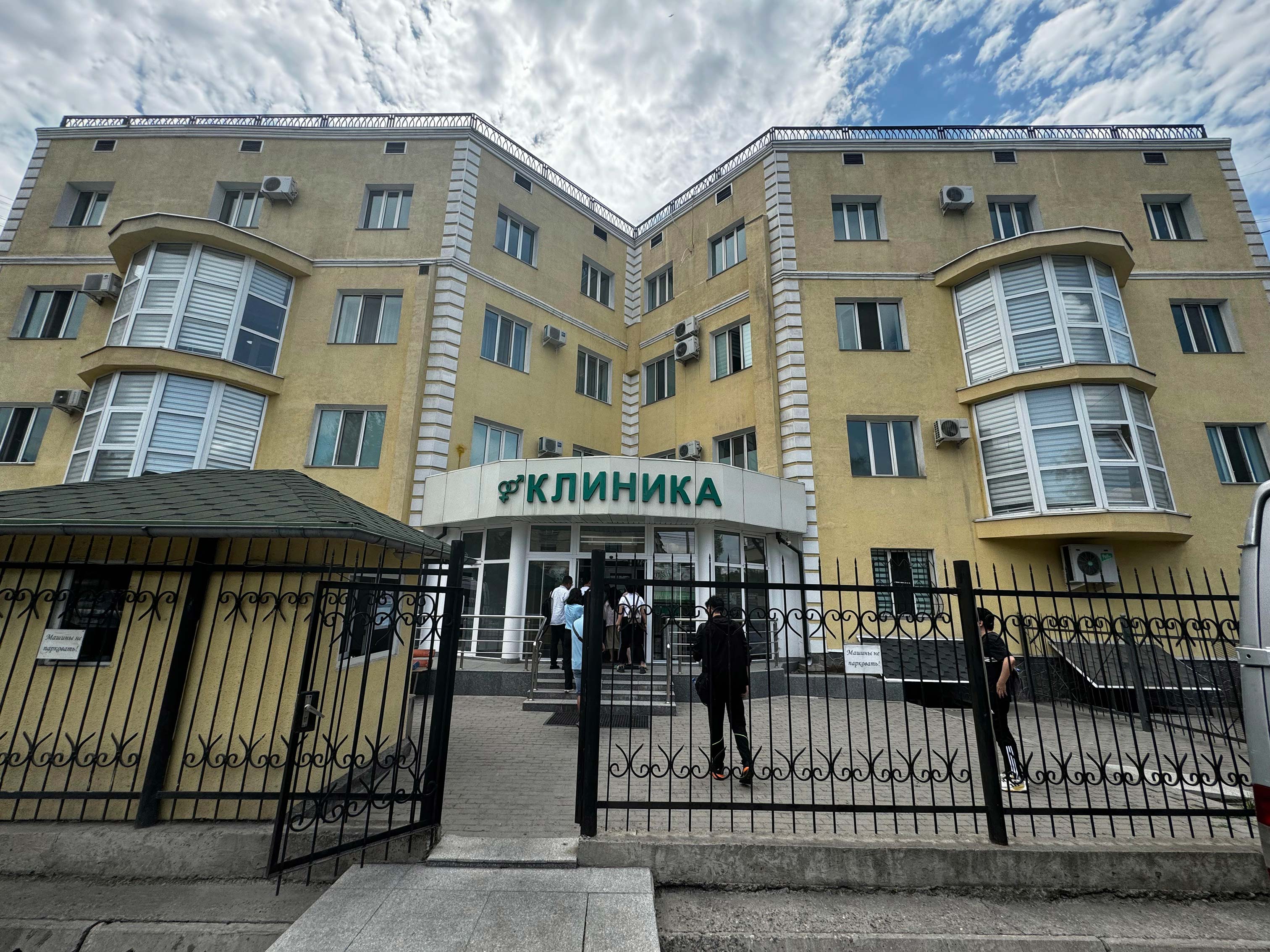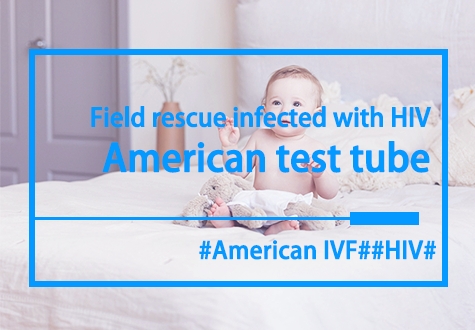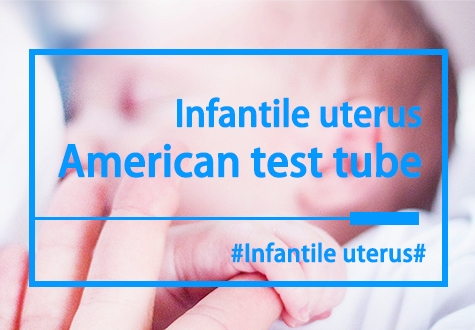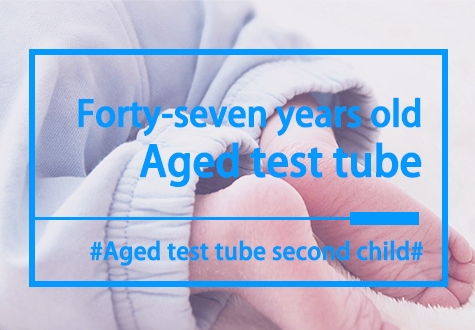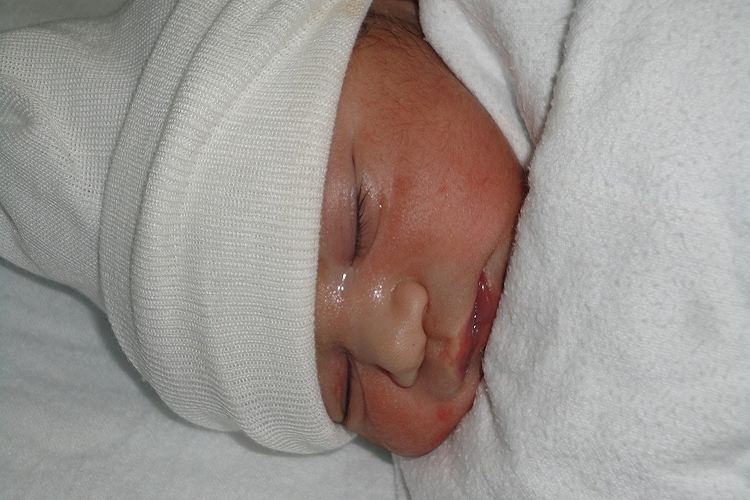Can you do test tubes in Malaysia?
Can you do test tubes in Malaysia? The answer is yes. Not only can IVF be done in Malaysia, but its reproductive medicine technology and service level has an international reputation. Many medical institutions in Malaysia are equipped with advanced equipment and technology and have experienced teams of experts to provide comprehensive and professional IVF services for infertile couples.

The advantages of IVF in Malaysia
1. Advanced medical technology
IVF technology in Malaysia has kept up with the international forefront, employing advanced technologies including in vitro fertilisation (IVF), intracytoplasmic sperm injection (ICSI), preimplantation genetic diagnosis (PGD) and screening (PGS). These techniques can effectively improve the success rate of embryo transfer, reduce the risk of miscarriage, and ensure the health of newborns.
2. Reasonable fees
Compared with European and American countries, the cost of IVF in Malaysia is more affordable and cost-effective. In general, the total cost of IVF in Malaysia is around US $6,000 to US $12,000, and the exact cost varies depending on the individual situation and the medical facility chosen.
3. High success rate
With advanced technology and professional medical team, Malaysia's IVF success rate is among the best in the world. Many medical institutions have success rates of more than 50%, and some top institutions have even higher success rates.
4. Professional medical services
Medical institutions in Malaysia provide a full range of medical services, from initial consultation to follow-up, ensuring that every step is meticulous. Patients can communicate with doctors at any time during the treatment process to get professional advice and guidance.
5. Comfortable environment
Malaysia's beautiful natural environment, pleasant climate and modern medical facilities provide patients with a comfortable and relaxing treatment environment. This helps to reduce the pressure of patients during the treatment process and improve the treatment effect.
The IVF process in Malaysia
1. Initial consultation
Couples need initial counseling before starting IVF treatment. Have an initial conversation with your doctor, online or in person, about the procedure, costs, and possible risks of IVF. The doctor will give initial advice based on the patient's condition and order the necessary tests.
2. Check in detail
Both couples need to undergo a comprehensive physical examination to determine whether IVF is suitable. These include blood tests, ultrasounds, reproductive system tests, and more. The doctor will make a personalized treatment plan based on the results of the test.
3. Ovulation promotion treatment
After determining the treatment plan, women need to undergo ovulation induction therapy. The doctor will prescribe appropriate ovulation stimulating drugs and closely monitor the development of the follicles, using ultrasound tests and blood tests to ensure that the follicles are developing normally.
4. Egg and sperm extraction
When the follicles have reached a certain stage of development, the doctor will schedule an egg retrieval surgery. The procedure is usually performed under anesthesia and is safe and painless. At the same time as the egg retrieval, the man will need to provide a semen sample. The doctor will combine the egg and sperm in the laboratory to form a fertilized egg.
5. Embryo culture
The fertilized eggs are grown in the laboratory for 3-5 days to form an embryo. The doctor will choose the best quality embryos for transfer according to the development of the embryos.
6. Embryo transfer
Embryo transfer is the process of placing a cultured embryo into a woman's uterus through a catheter. The procedure is simple, safe and generally does not require anesthesia. The doctor will choose the right time to transfer the embryo to improve the success rate of implantation.
7. Luteal support
After embryo transfer, the doctor will prescribe luteal support drugs to support the development of the endometrium and promote implantation of the embryo. These drugs are usually progesterone, and patients need to take them on time and have regular checkups.
8. Pregnancy test
On days 10-14 after the embryo transfer, the patient needs a pregnancy test. Confirm a successful pregnancy with a blood test or urine test. Based on the test results, the doctor will order further tests and treatment.
How to choose a healthcare provider in Malaysia?
1. Look at qualifications and reputation
It is important to choose a medical institution with formal qualifications and good reputation. You can check the official website of a medical institution, patient reviews, and information on relevant medical certification bodies to understand their qualifications and reputation.
2. Know the success rate
Ivf success rates can vary from one medical institution to another. Choosing a medical institution with a higher success rate can improve the probability of successful treatment. You can find out the success rate of a medical institution by consulting your doctor or looking at relevant statistics.
3. Team of experts
A team of experts in a medical institution is the key to the success of IVF treatment. Choosing a team of experienced and skilled doctors can ensure the safety and effectiveness of the treatment process.
4. Fee transparency
Understand the charging standards of medical institutions, choose institutions with transparent and reasonable fees to avoid unnecessary extra costs in the course of treatment.
5. Service quality
Good service quality can make patients feel at ease and comfortable during treatment. Choose a full-service healthcare facility where you can receive professional support and guidance throughout the treatment process.
Malaysia can do IVF and has an international reputation for its IVF technology and service level. By choosing the right medical institution and professional team of doctors, you can smoothly undergo IVF treatment in Malaysia and realize your fertility dream.

